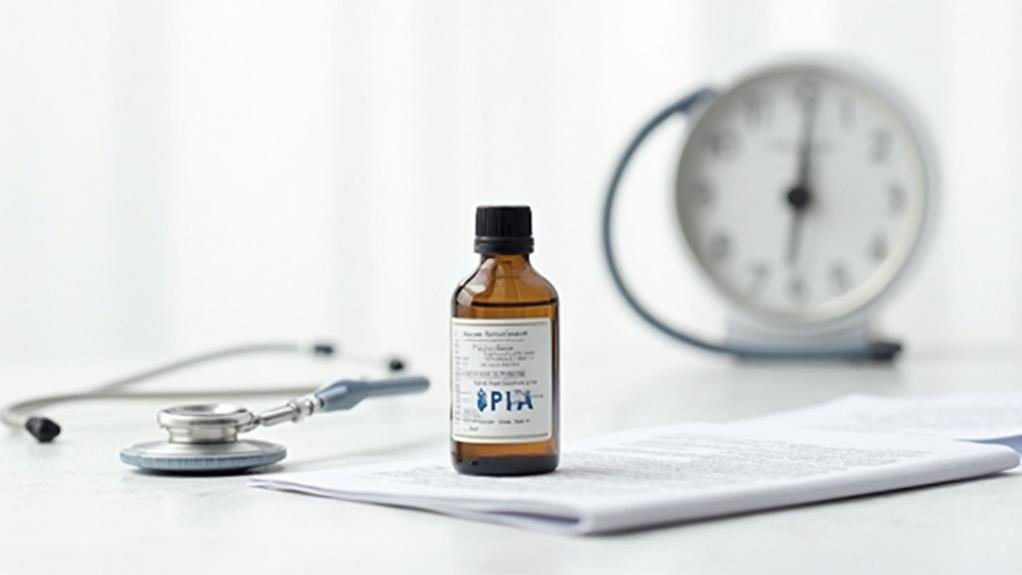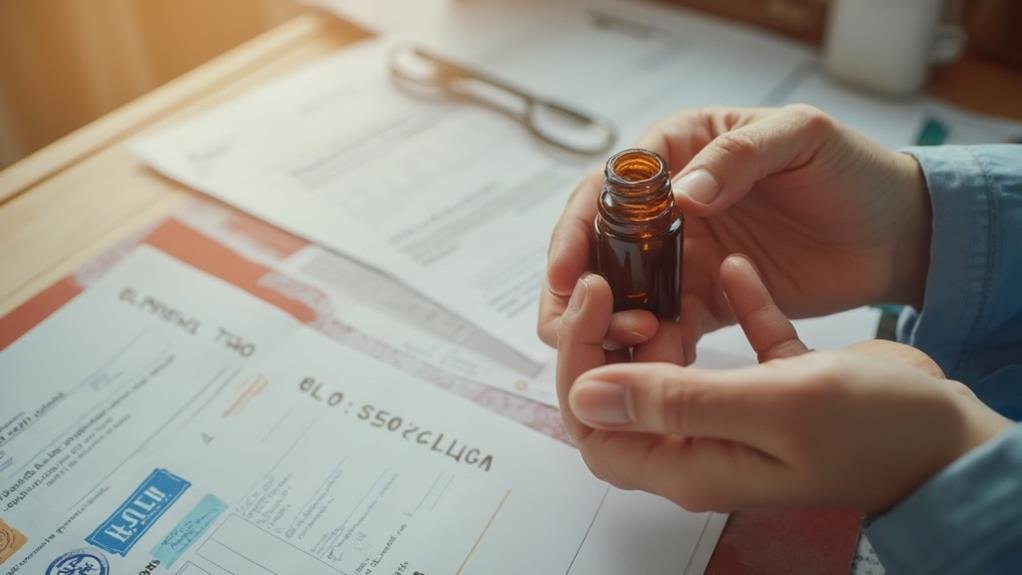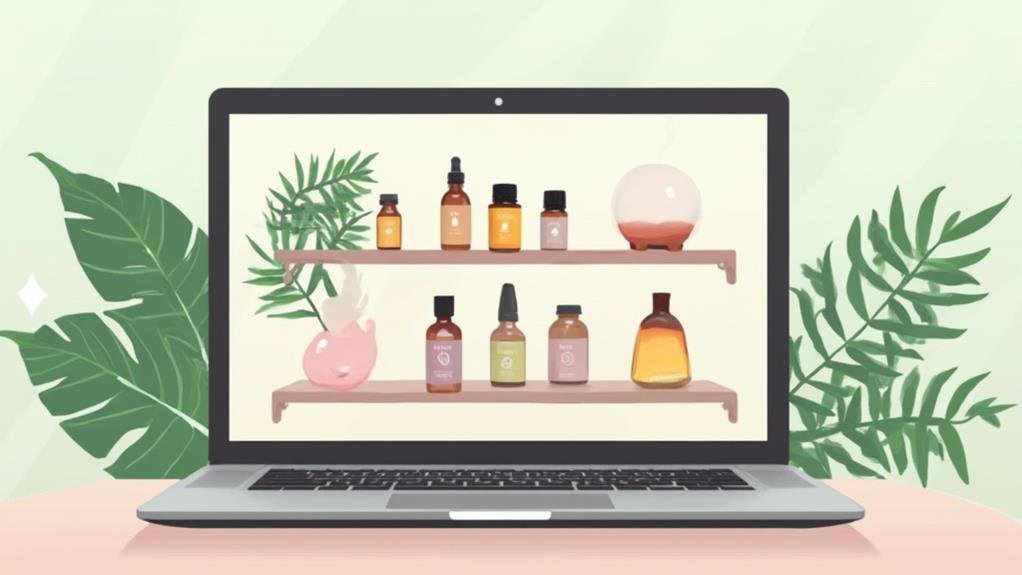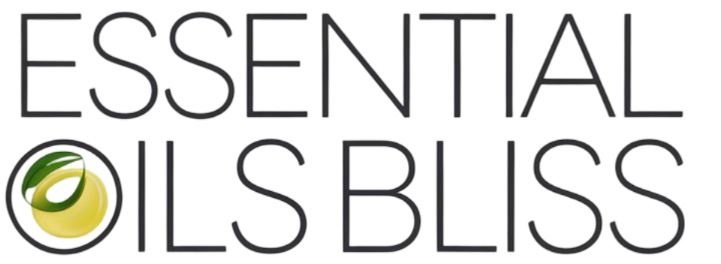Do You Need a License to Sell Essential Oils?
The answer depends on where you’re selling and how you’re selling them. In general, you will likely need some form of license or permit to sell essential oils legally.
This could include a general business license, sales tax permit, and potentially more specific licenses depending on your location and business activities.
Understanding Federal Regulations for Essential Oil Sales in the US
When selling essential oils in the United States, compliance with federal laws is crucial.
Two primary agencies overseeing the industry are the Federal Trade Commission (FTC) and the Food and Drug Administration (FDA).
FTC Guidelines
The FTC focuses on preventing deceptive and unsubstantiated claims about products. To comply with FTC guidelines:
- Adhere to truth-in-advertising principles. This means being honest and accurate in your marketing and advertising materials.
- Substantiate any claims with scientific evidence. If you claim that an essential oil has specific benefits, you need to have reliable scientific evidence to support that claim.
- Avoid making false or misleading statements about your products. Don’t exaggerate the benefits of essential oils or make claims that you can’t support.
FDA Regulations
The FDA regulates the labeling and packaging of essential oils. Key requirements include:
- Accurate listing of ingredients: All ingredients in your essential oil products must be listed accurately on the label.
- Clear usage instructions: Provide clear and concise instructions on how to use your essential oils safely and effectively.
- Appropriate warnings: Include any necessary warnings or cautions on the label, such as potential allergens or safety precautions.
- Compliance with Good Manufacturing Practices (GMPs): Follow GMPs to ensure the quality and safety of your essential oil products.
State and Local Licenses for Selling Essential Oils

In addition to federal regulations, you’ll need to obtain licenses at the state and local levels. These requirements vary from state to state. Here are some common licenses you might need:
- Sales Tax Permit: This permit allows you to legally collect and pay sales tax on the essential oils you sell. You can usually obtain this permit from your state’s Department of Revenue website.
- General Business License: Most states require businesses to have a general business license to operate. This license is typically obtained from your city or county clerk’s office.
- Zoning Permit: If you plan to operate your business from a physical location, you may need a zoning permit to ensure your business complies with local zoning regulations. Contact your local planning or zoning department for more information.
Examples of State-Specific Regulations:
- California: California has strict regulations on air quality and environmental impact, which may affect essential oil businesses. You can find more information on the California Department of Public Health website.
- New York: New York has specific labeling requirements for essential oils, including the need to disclose the country of origin. Check the New York State Department of Agriculture and Markets for details.
- Texas: Texas generally has fewer regulations on businesses, but you’ll still need to obtain the basic licenses mentioned above. Visit the Texas Comptroller of Public Accounts website for details.
- Florida: Florida requires businesses to register with the state and may have specific requirements depending on the type of essential oil products you sell. Consult the Florida Department of Business and Professional Regulation for more information.
Always research the specific requirements for each state where you plan to sell essential oils.
Additionally, you might find it beneficial to explore the differences between essential oils and fatty oils to ensure proper knowledge and sales approach for your products.
Aromatherapy License Considerations
If you plan to practice aromatherapy alongside selling essential oils, you may need additional licensing.
- Check with your state’s licensing board to determine if an aromatherapy license is required. Some states regulate the practice of aromatherapy, while others do not.
- Complete necessary training and education in aromatherapy. This typically includes courses in essential oil chemistry, anatomy, and physiology.
- Consider certification from recognized organizations like the National Association for Holistic Aromatherapy (NAHA) or the Alliance of International Aromatherapists (AIA). While not always required, certification can demonstrate your expertise and professionalism.
To more broadly understand how oils can interact in different environments, such as their effect on wood, refer to our article on essential oils and wood stains.
Health Claims and Essential Oils

Making health claims about essential oils can subject your business to additional regulations. Be aware of the following:
- Avoid claiming that essential oils can cure, treat, or prevent specific diseases or conditions. The FDA prohibits such claims unless the essential oil product has been approved as a drug.
- Do not suggest that essential oils are substitutes for prescription medications.
- Be cautious about making safety claims for specific populations (e.g., children or pregnant women).
Labeling Requirements for Essential Oils
Proper labeling is crucial for compliance and customer safety. Essential oil labels must include:
- Product identity (common name of the oil)
- Net quantity
- Name and address of the manufacturer, packer, or distributor
- Ingredient list (for cosmetic use)
- Any required warnings or cautions
Online Sales of Essential Oils

Selling essential oils online requires additional considerations:
- Ensure your website complies with FTC guidelines for online business practices. This includes having a clear privacy policy and terms of service.
- Implement secure payment processing to protect customer information.
- Provide clear product descriptions and accurate labeling information.
- Offer responsive customer service to handle inquiries and concerns.
Insurance for Essential Oil Businesses
Protecting your business with appropriate insurance is crucial. Consider the following types of coverage:
- Product liability insurance: Covers claims related to product-induced injuries or allergic reactions.
- Professional liability insurance: Protects against claims of negligence or misconduct in providing advice (especially relevant if you’re offering aromatherapy consultations).
- Business interruption insurance: Covers losses due to unexpected events that disrupt your business.
- Property insurance: Protects your business equipment and inventory.
- Cyber liability insurance: Covers data breaches and other cyber-related incidents (important for online businesses).
Good Manufacturing Practices (GMPs)
Implementing GMPs is essential for ensuring the quality and safety of your essential oils. Key aspects include:
- Developing standard operating procedures (SOPs) for all production steps.
- Training staff on SOPs and their importance.
- Conducting regular audits and inspections.
- Maintaining proper documentation of all processes.
Conclusion
Starting an essential oil business requires careful attention to various regulations and best practices.
By understanding and complying with federal, state, and local laws, implementing proper labeling and manufacturing practices, and protecting your business with appropriate insurance, you can build a successful and legally compliant essential oil business.







